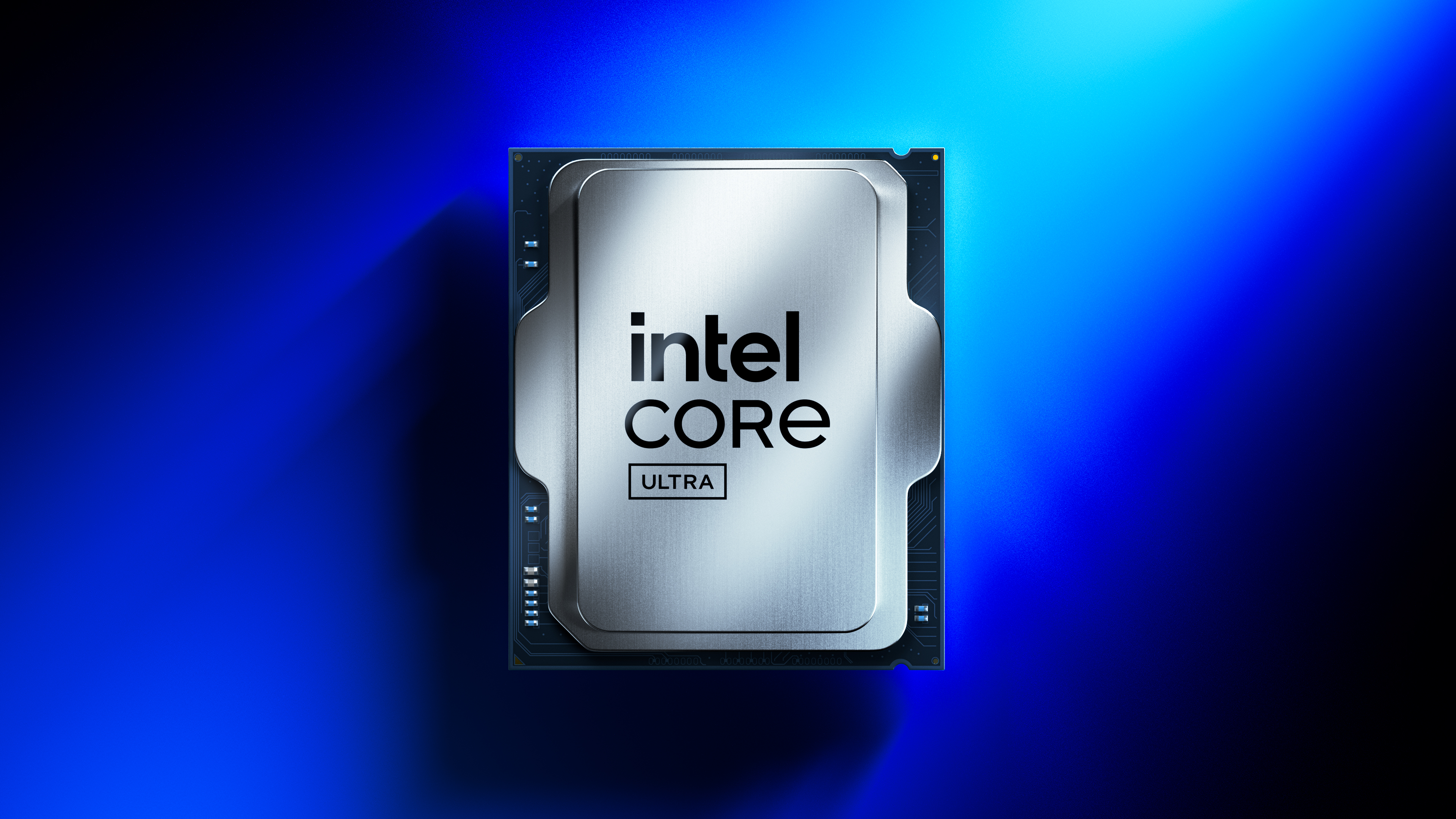
Intel is readying budget 65W and 35W versions of its Arrow Lake CPUs under the Core Ultra 200 non-K and T lineups, which are expected to arrive by CES 2025. Early benchmarks show that the Core Ultra 265 family delivers up to 5% better performance than its Raptor Lake counterparts in CrossMark per momomo_us on X, which is relatively lower than expected.
The Core Ultra 7 265 is the direct successor to the Core i7-14700. It features 20 cores (eight P + twelve E) and 20 threads and should have a 65W TDP, which can reach 182W (performance preset PL2) on some boards. The Core Ultra 7 265T retains all these specifications but lowers the TDP to 35W, making it an excellent choice for mini-PCs and SFF builds.
BAPCo's CrossMark repository shows that both CPUs have been tested multiple times using different builds - so we'll average the results for our comparison. The Core Ultra 7 265 and 265T amassed 2,120 and 1,844 points, respectively - landing both CPUs 1% and 5% faster than their predecessors. Compared to AMD's equivalent, Ryzen 7 7700, the Core i7-14700 was already 12% faster, and Arrow Lake extended this lead to 13%. Still, this delta is likely the cause of architectural differences between Intel and AMD.
While these results aren't fascinating, CrossMark is one of many benchmarking utilities, so this test isn't enough to draw any conclusions. For context, the 65W Core Ultra 9 285 was recently able to keep pace with the i9-14900K and Core Ultra 7 265K unlocked CPUs in a leaked Geekbench test.
Given that Arrow Lake scales particularly well at below 100W, it is bound to give AMD serious competition in the budget segment. However, we should mention that Intel's sub-10W (N-series) CPUs will stick with Alder Lake since Arrow Lake is expensive to manufacture and package.
Nonetheless, the Core Ultra 200U/H/HX/T/non-K series will likely be unveiled at CES alongside other exciting products from Team Red and Team Green. LGA 1851 adoption should increase in the first quarter as cheaper H810 and B860 motherboards are also coming.







